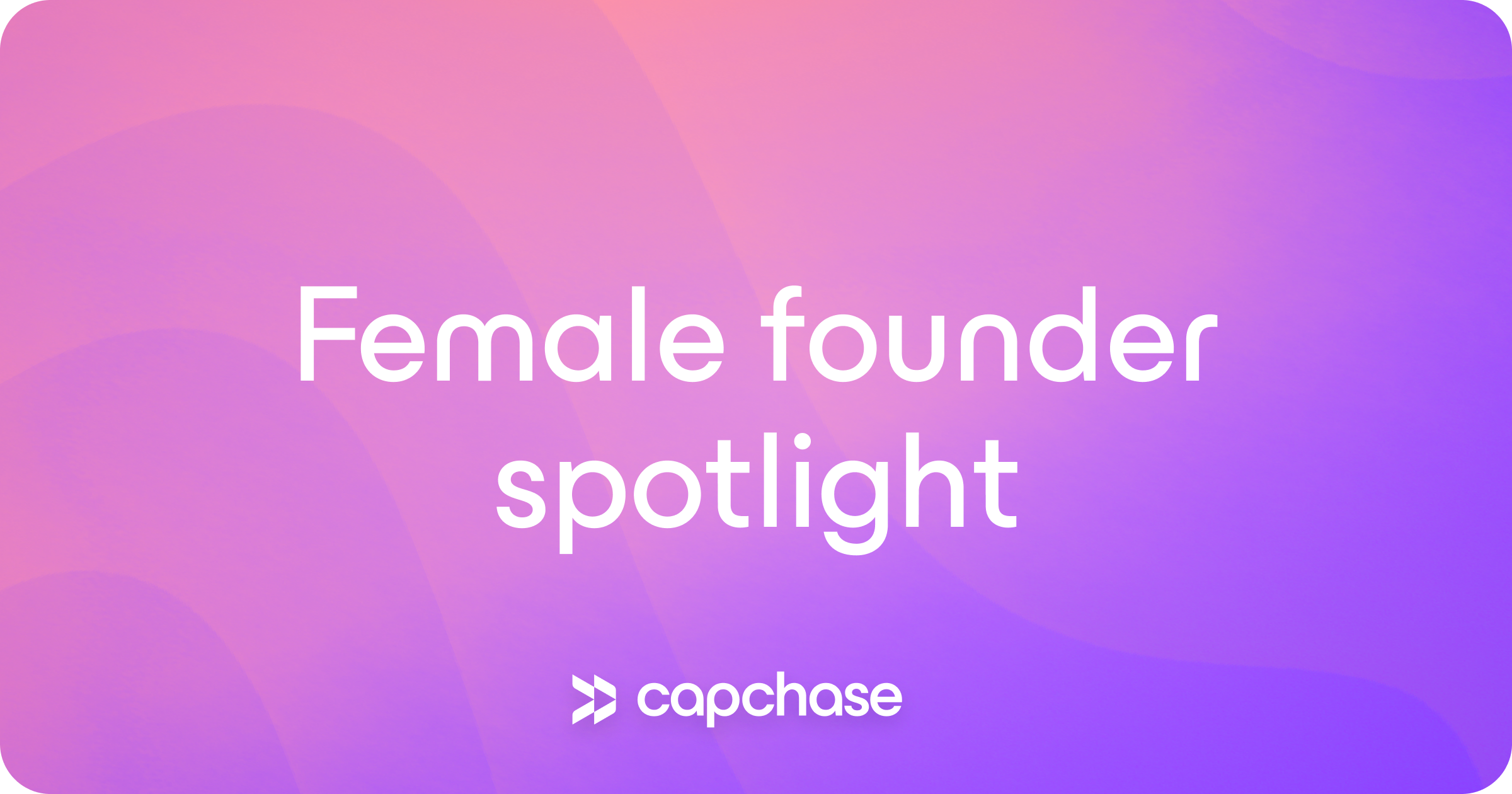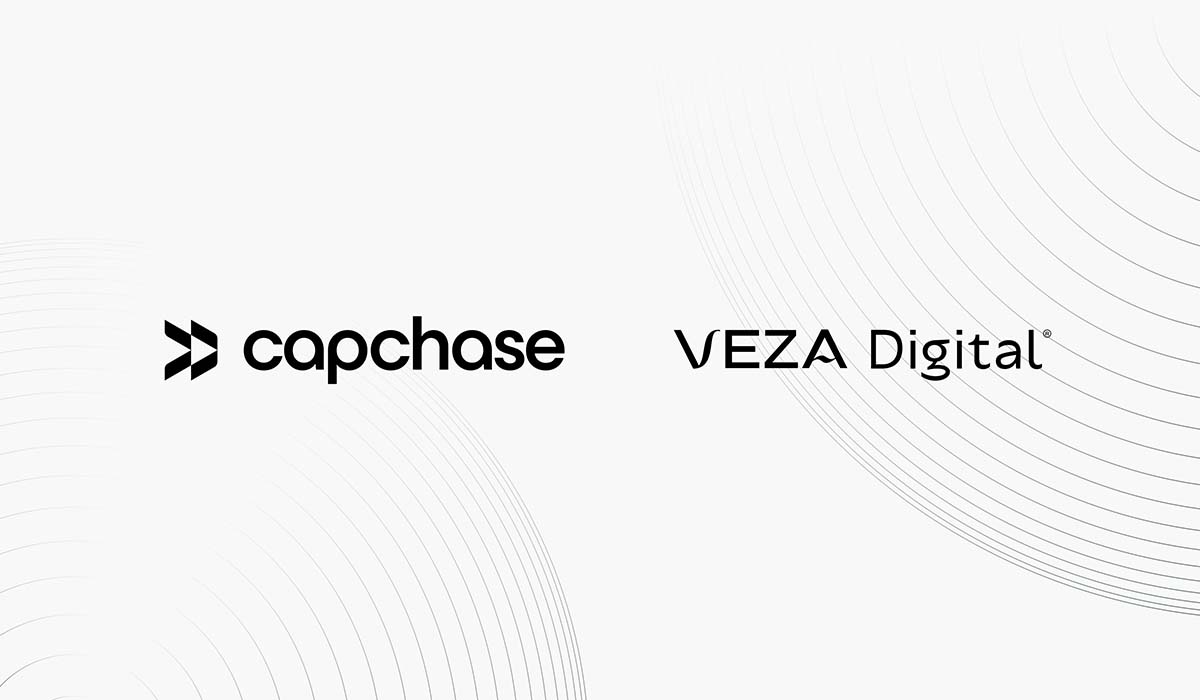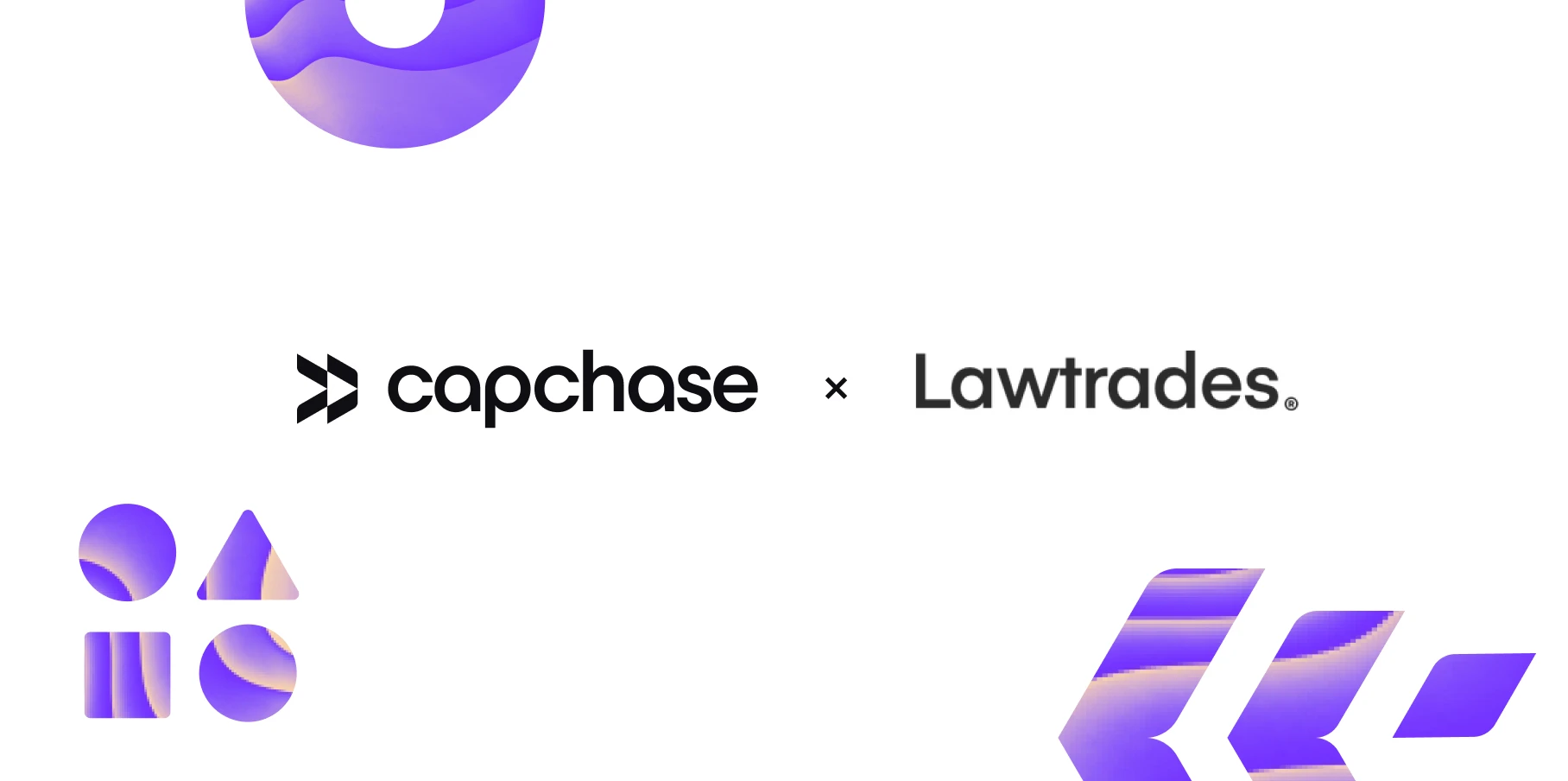This spotlight is part of our Women’s History Month female founder series. Register for our women in entrepreneurship event here.
Liza Rodewald, CEO of Instant Teams, which was voted one of the fastest-growing women-led companies in 2021 by the Founder Institute, helps businesses build and manage remote teams using the largest database of military-connected remote workers. As an army spouse and mother of 4, Liza raised all her seed funding remotely from Hawaii and is currently raising Series A funding the same way.
Liza sat down with our team (in between juggling a work trip, and a stop to catch Hamilton on Broadway), to chat about being a female founder, how Instant Teams is opening up employment options for so many military spouses, and the role Capchase and programmatic funding has played in supporting their amazing growth.
When Liza married and moved into a military community, she realized quickly there was a huge need to improve the career outcomes of military spouses. That’s where she stepped up to build a company with a mission to do something about it.

Why did you build a company focused around scaling remote work?
As a software engineer and then-tech-entrepreneur, I built and scaled remote teams with my company. At Instant Teams we have always been remote-first, and we use remote best practices. We’ve helped other companies embrace that culture and learn from our experience on how to build and manage remote teams effectively.
But when COVID hit, we watched a lot of organizations who had not yet made the move to remote work being basically forced into it overnight. And so the conversation changed from what was holding them back from trying it, to ‘well we’ve already had to do this. How do we continue to improve on it?’. COVID-19 is a horrible thing, but it has opened up the workplace for flexible opportunities to redistribute talent on a more national level.
What’s been the most rewarding part of your entrepreneurial journey so far?
Just being able to see the impact we’ve had on the military spouse community is amazing. A lot of lower enlisted families are on government assistance and so having a second income is literally life-changing for them. Seeing the options remote work opens up for them is so rewarding.
What’s the value that military-connected employees bring to the workforce?
My husband was in the Army reserves when we met, and once we were married, he went back into active service. I was working remotely even then, so I said, ‘Sure, let’s go on an adventure.’
I honestly had no idea what I was getting into. And as soon as we moved into our first military neighborhood, every single spouse I met would ask me the same questions: ‘How are you working from home? How have you maintained your career? Can you help me do that?’
There is a lot of high-caliber talent in the military-connected community, but they don’t have access to the standard career ladder. I’ve moved 6 times in 7 years, so I see how hard that can be. To be able to support 500 military-connected spouses in finding employment and creating an impact on their family is so incredibly rewarding.
Our goal is to be the number one employer of military spouses nationwide. There are just over 7.5 million military-connected veteran and active-duty spouses, so there are some amazing potential employees out there who can contribute so much value to organizations.
What are some of the challenges female founders are facing today?
I grew up in tech and so I’m used to being the only female in the room. And as my co-founder and I are both military spouses who’ve moved around a lot, we have this saying: we don’t really belong anywhere, so we belong everywhere. I think that mindset is really important.
When I’ve pitched to VCs, usually 99% of them are men. But having that confidence and knowing you belong is key. I try to help female founders push through that imposter syndrome and see that everyone has it- that it’s normal to worry that you don’t belong. But if you can turn that around in your mind, then you can go in knowing you belong there, you have a good idea, and you’re perfectly capable and confident. And I think every woman needs a good hype song to get them in the mood and own that space- mine is “More” by Usher. 😎
How did motherhood influence your journey as an entrepreneur?
I call myself an accidental entrepreneur. When my oldest son was about 16 months old, I was traveling a lot for work and I realized that while I loved what I was doing, I needed to control my own schedule. So I pitched becoming a consultant for my company so I could spend more time with my family and made it work on my terms. I just love it. I love everything about business and entrepreneurship. I’m always reading about it and networking in it. I love being able to apply my problem-solving skills to something with such a great social impact. It’s really rewarding.
The other day I found a list of goals I wrote down 10 years ago, and this year, those things are happening. I was telling my son– who’s now 18– who inspired me to become an entrepreneur, about these goals and it really dawned on me how momentous this is. It’s exciting and humbling to see the progress, because as an entrepreneur, you’re just so heads down, on to the next thing. It can be hard to stop and look back at what you’ve achieved.
Why was building a network of entrepreneurs so important for you?
When I started as an entrepreneur, I built a really great investor network and learned a lot from them. When I have questions, or I want to talk through something, I can go back to them.
I’ve always taken the approach that ‘you don’t know what you don’t know’ and so I’ve been willing to ask questions of others further on in the journey, get feedback, and then ultimately make my own decision.
Access to networks is still a big issue for female founders, so if you can find places like the Founder Institute to help build your network, that can be game-changing. A lot of networks are predominantly men who golf together and it can be hard to break into if you’re not in that circle. So you need to be creative and find ways into networks.
What role do you see yourself playing in building up other female founders?
I’m really passionate about getting more women into tech and business. I ran the first military spouse hackathon and I’ve mentored in Operation Code, which helps people get into technology.
And I’m a mentor at the Founder Institute, which helped me find mentors at the start of my journey. I meet once a month with a few female founders who are just a couple of steps behind me. I think it’s important to mentor people that are relatively close to my path because all those small steps and frustrations are still fresh in my mind.
Where is your company headed in 2022?
Military unemployment sits at 26% even in this job market, which is crazy and 94% of military spouses are women. Our goal is to be the number one employer of military spouses- nationwide, with an effect of driving that unemployment rate down. To accomplish that, we’re introducing the direct-hire model in 2022 which is a marketplace where organizations pay a license fee and can hire talent directly onto their payroll. This technology will allow us to work with our enterprise customers in both lanes because a lot outsource a portion of the team and hire the rest in-house.
We’re just finishing up our Series A funding and we’re on a very fast-track to growth and are looking to do our Series B in the next 12 to 18 months. And we’re setting up our first physical headquarters in North Carolina, near Fort Bragg, the largest military installation in the US, so we’re looking to do lots of fun events with the military-connected community.
Congrats on the raise! Why has Capchase been the right financing partner for Instant Teams so far?
We need capital fast to grow because when we bring on a new contract, we need to float hundreds or thousands of payroll for 45 or 60 days. If we don’t have a good mechanism in place for that cash flow to be available easily and quickly, it can really slow our growth as we can’t take on bigger contracts.
As we were looking for financing, we could see that Capchase was going to be different from the more traditional models - especially the ease and speed of funding being made available. We love that Capchase understands our model and works with us to fund things quickly.
We use venture capital to scale infrastructure and then work with Capchase to fund the business line. Our goal eventually is to take the company public, so having that long-term relationship with a programmatic funding source who understands our growth and goals is key.
––
Tap into bias-free funding for your business today: Capchase.com/Grow









.png)














